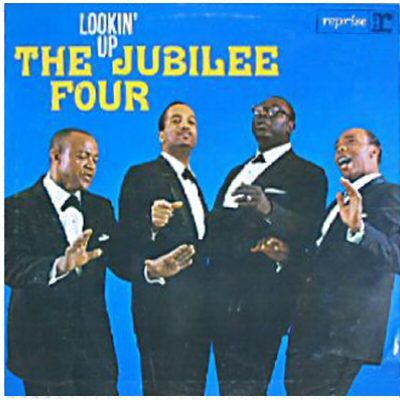Jubilee quartets arose in African American churches, when vocal groups would harmonize in hypnotic arrangements of spirituals and hymns. These ensembles were often made up of four to six male vocalists who blended their voices in a seamless mix of emotion and reverence. The word “Jubilee” is derived from the biblical concept of jubilee, which represents a period of celebration and liberty.
The Fisk Jubilee Singers were one of the first and most influential Jubilee quartets. This company from Fisk education in Nashville, Tennessee, was formed in 1871 and proceeded on a historic trip to raise cash for their education. Their moving interpretations of spirituals captivated listeners across the United States and even in Europe, demonstrating the power of Jubilee quartet music on a global scale.
The popularity of jubilee quartets peaked in the 1920s and 1930s. The Golden Gate Quartet, the Mills Brothers, and the Heavenly Gospel Singers all contributed to the genre with their own different styles and interpretations. These quartets’ performances were laced with powerful rhythms, smooth vocal harmonies, and elements of jazz and blues.
Jubilee quartets had an impact that reached beyond the church. Their lyrical and passionate music drew a wider audience’s notice, leading to performances in concert halls, radio broadcasts, and even recordings. Decca, RCA Victor, and Columbia realized the commercial potential of Jubilee quartet music, resulting in the preservation and diffusion of this cherished genre.
Notably, Jubilee quartets were influential in the development of popular music. Their vocal styles, sophisticated harmonies, and rhythmic innovations helped to shape doo-wop, rhythm and blues, and even early rock & roll.
The spirit of Jubilee quartets lingers on till today. Contemporary groups continue to appreciate tradition while incorporating new aspects, enthralling audiences with their powerful voices and emotional performances. This genre’s influence can be heard in gospel choir harmonies, vocal jazz ensembles, and many contemporary musicians paying homage to their beginnings.


